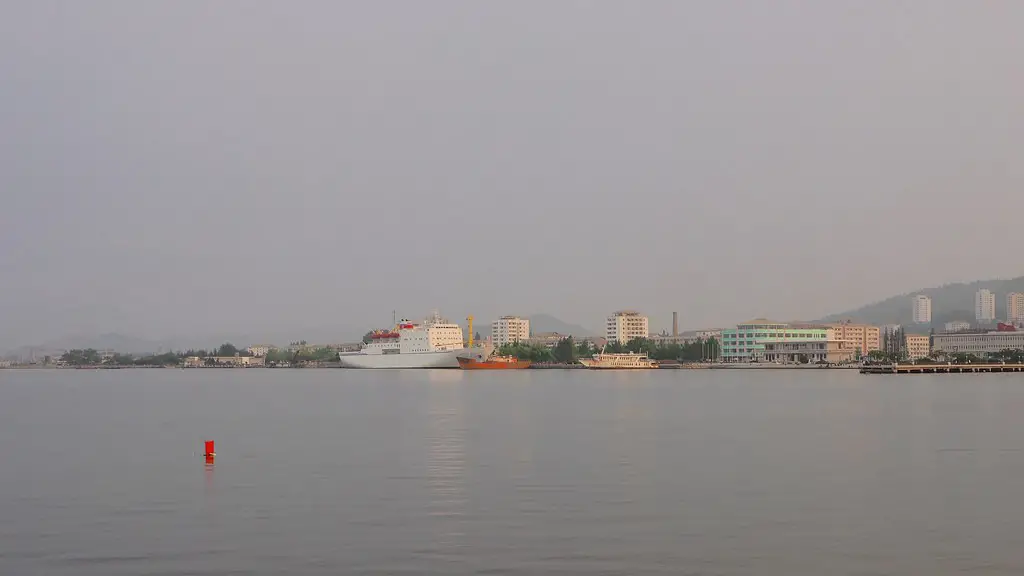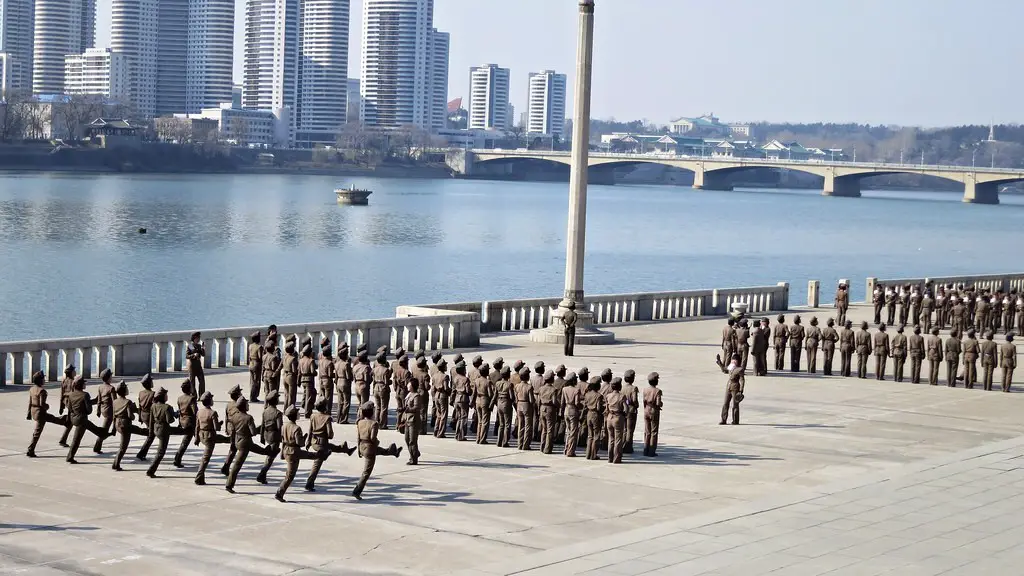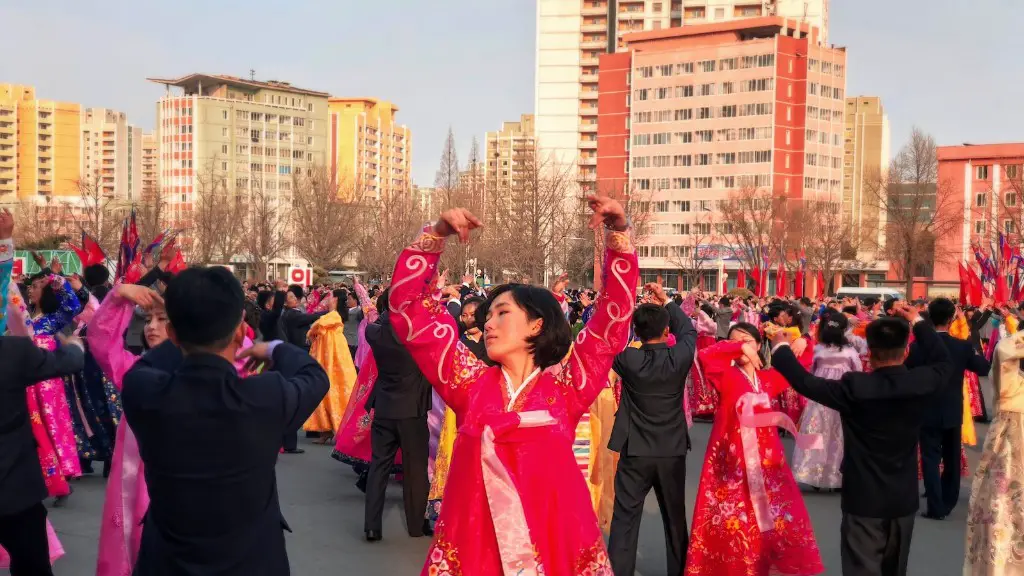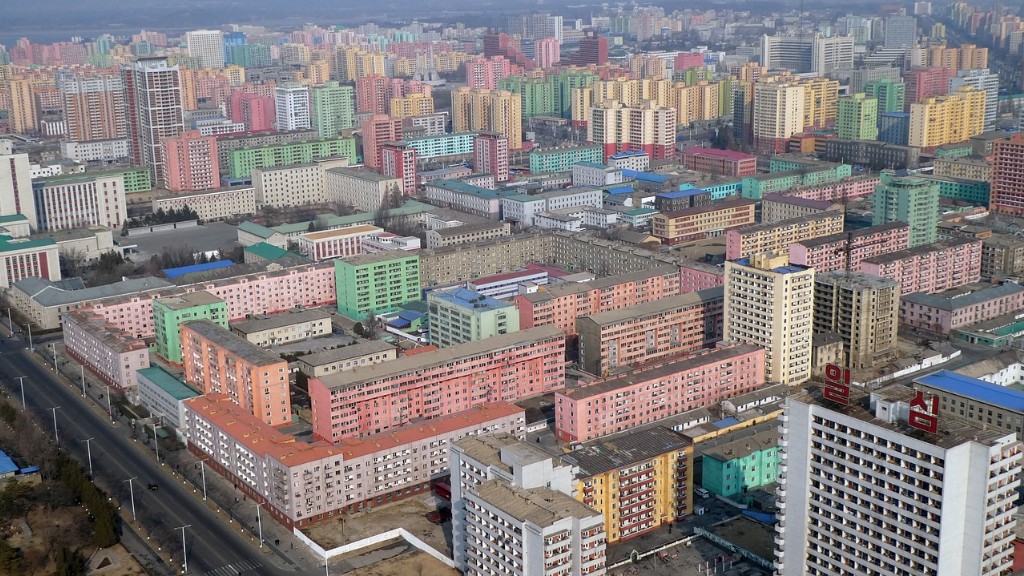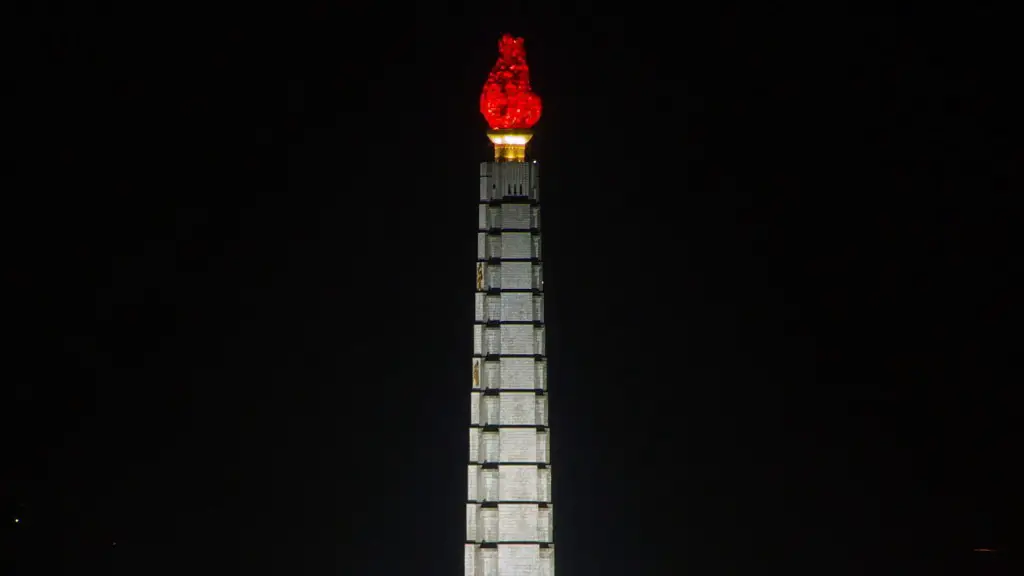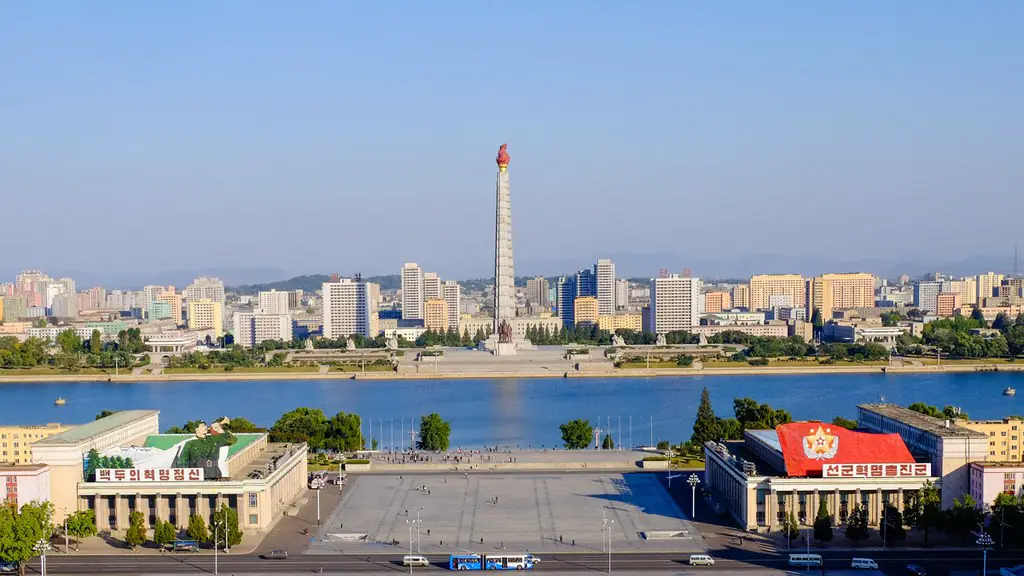It could be argued that North Korea is the most isolated country in the world – both in terms of its social and political isolation, and its monetary. So, what money does North Korea use? Well, inquiring minds would be surprised to discover that the nation operates on two separate currencies: the North Korean won (KPW) and the US dollar (USD).
The KPW was originally introduced in 1947, following the end of Japanese occupation. At that time, the won was pegged to the Japanese yen, telling us how North Korea viewed its relationship with Japan. In 1953, the KPW became the sole currency used in North Korea, replacing the US dollar and Chinese yuan, which also circulated in the country. It was intended to provide a strong measure of economic independence against international sanctions by making the country less reliant on other nations’ currencies.
Whereas in most countries, the central bank regulates and controls the money supply, that is not the case in North Korea. Money is usually printed by the Ministry of Finance and the Central Bank of North Korea. The KPW is currently broken down into 100 chon and denomination coins come in values from 1 to 100 chon. Denomination notes come in values from 1 to 5000 won. As with most countries, the larger the denomination note, the more complex the design and the more difficult it is to counterfeit.
The formal exchange rate for the North Korean won is KPW 900 for 1 USD, and an unofficial black market rate of KPW 9000 for 1 USD. As of 2016, the black market rate was more accurate, but starting in 2019, the central bank has sought to regulate and strengthen the won. As such, the official exchange rate is not too far off from the true market rate. This indicates that the North Korean won has seen a modest appreciation over the last decade.
Despite this attempt to strengthen the KPW, however, US dollars remain the primary source of money in North Korean markets. Prices on a majority of goods are marked in US dollars rather than KPW, and many international transactions are conducted using dollars. To some extent, this is due to the fact that North Korea is internationally sanctioned, making trading with other countries difficult and requiring them to accumulate foreign currency, such as the US dollar, to buy goods from abroad.
But the reason for North Korea’s widespread use of the USD is not only economic. In North Korea, having access to foreign currency such as the US dollar is seen as a symbol of prestige and power. The ruling elite hoard dollars and use dollars to fund their own luxurious lifestyles. This is why the North Korean government has taken measures to regulate both official and unofficial flows of money and currency, in order to protect the US dollar’s status as the de facto national currency.
So, clearly North Korea operates on two separate currencies – the North Korean won and the US dollar. Its attempt to strengthen the KPW, while admirable, has so far been relatively unsuccessful, as the US dollar still remains the main currency for the citizens of North Korea.
What are the Politics of Currency Use?
Currency use in North Korea is at its core an issue of politics. The US dollar is viewed as a symbol of power and prestige, and is used by the ruling elite to control the population and maintain their own power and wealth. For example, the government recently passed a law that made it a crime to possess or use foreign currencies, and has worked to limit access to foreign currency by primarily allowing only the ruling elite to legally have access to US dollars. In this way, the government can ensure that economic and political power remains in its hands rather than in the hands of the citizens.
The North Korean people are acutely aware of this power imbalance, and under such a system it’s no wonder that trust in the North Korean won is low. As a result, North Korean citizens often prefer to hold US dollars as a safe store of wealth, outside of the government’s control. It also explains why North Korean citizens are so eager to use unofficial channels and the black market to convert their North Korean won into US dollars.
However, access to foreign currency is not guaranteed to everyone. Despite the growth of the unofficial economy, most North Koreans remain excluded from holding foreign currency, due to their lack of connections with the outside world and their limited financial means. This further entrenches their economic isolation and strengthens the government’s control over its citizens.
Overall, the politics of currency use in North Korea reveals a complex and Kafkaesque system of power and money. While the North Korean won was introduced as a way to promote economic independence, in reality the US dollar has become the de-facto currency of the nation and is an important tool used by the ruling elite to maintain their control.
Impact on North Korean Citizens
The economic isolation enforced by currency use in North Korea has a real, tangible impact on how North Koreans live their lives. North Koreans do not enjoy the same kind of economic freedom that citizens of other countries take for granted. Access to foreign currency is tightly controlled, making international transactions and notably travel abroad practically impossible. As a result, North Korea’s citizens are cut off from the world in a way that many of us can only imagine.
The lack of access to foreign currency has other implications for North Koreans. The official exchange rate for the North Korean won is well below market rate, making goods and services more expensive for North Korean citizens than for other countries. This further exacerbates economic inequality and poverty in the already impoverished nation.
Finally, currency use in North Korea is also a key tool used by the government to control and monitor its citizens. The government is able to use the unofficial channels of currency trading as a way to keep tabs on its citizens’ movements, purchases and activities. Furthermore, the possession of foreign currency can be a punishable crime that carries with it the threat of imprisonment or other forms of punishment.
Conclusion
The use of two separate currencies in North Korea – the North Korean won and the US dollar – is a reflection of the country’s complex and oppressive system of government. The US dollar is used as a symbol of power and prestige by the ruling elite, who control its access and put restrictions on its use. This has a direct impact on the economic freedom of North Korea’s citizens, who are effectively cut off from the outside world and do not enjoy the same level of economic freedom as their peers in other countries.
International Relationships
Currency use in North Korea is closely linked to the nation’s international relationships. As a result of its economic isolation and international sanctions, the North Korean government has strived to make the country as self-sufficient as possible, reducing its reliance on foreign currencies. Nevertheless, the US dollar remains the primary source of money in North Korea, and is used widely, even among the common citizens. As a result, despite its best efforts, North Korea is still dependent on the US dollar due to its importance to global economic relations and trade.
Furthermore, US dollar possession and usage is closely monitored by the North Korean government due to its connection to relationships outside of the nation. Foreign currency is seen as a potential threat to the government’s control, as citizens with access to foreign currency could potentially use it to travel abroad, evade taxes or buy forbidden goods. In this sense, currency use is a tool for the North Korean government to both monitor and control its citizens and maintain its hard-won autonomy.
The Impact on Other Countries
As a result of North Korea’s complex currency and international relations policies, other countries have an impact on North Korean money as well. For example, since international sanctions have been imposed on North Korea, the country has been unable to conduct international transactions using its own currency. As a result, the nation has had to increasingly rely on other currencies, such as the US dollar, to buy goods from abroad.
Furthermore, other countries are also impacted by the North Korean government’s heavy regulation of the US dollar. North Korea has taken steps to limit access to foreign currency, and to control and monitor the flow of money and currency within the nation. As a result, other countries are also affected by North Korea’s tight control of the US dollar, due to potential consequences on international trade.
International Monetary Fund Intervention
In recent years, the International Monetary Fund (IMF) has sought to intervene in North Korea’s currency use policy. In 2015, the IMF recommended a series of economic reforms meant to liberalize economic relations and reduce the nation’s dependence on the US dollar. Unfortunately, the tentative attempts at reform have so far been unsuccessful, as the US dollar remains the de-facto currency of the nation and its use is still heavily regulated.
Nevertheless, the IMF’s intervention is indicative of the growing recognition of North Korea’s currency use policies and their potential for international implications. The IMF’s efforts to liberalize the North Korean economy suggest that its policies are no longer viewed as entirely internal domestic matters, but rather as an issue with potential global consequences.
Future of North Korean Currency
Despite the North Korean government’s efforts to strengthen the North Korean won and reduce the use of foreign currencies such as the US dollar, North Koreans still rely heavily on the US dollar for everyday transactions. Even if the North Korean government were to succeed in regulating the US dollar and increasing the value of the won, it is difficult to imagine that any currency other than the US dollar would become the primary source of money in North Korea in the near future.
That said, the future of North Korean currency is ultimately up in the air. If economic reforms become successful and international sanctions are eventually lifted, the current situation might change drastically, as North Korea could then afford to open itself up to the world, reducing its dependence on the US dollar and finally realizing its original goal of economic independence.
